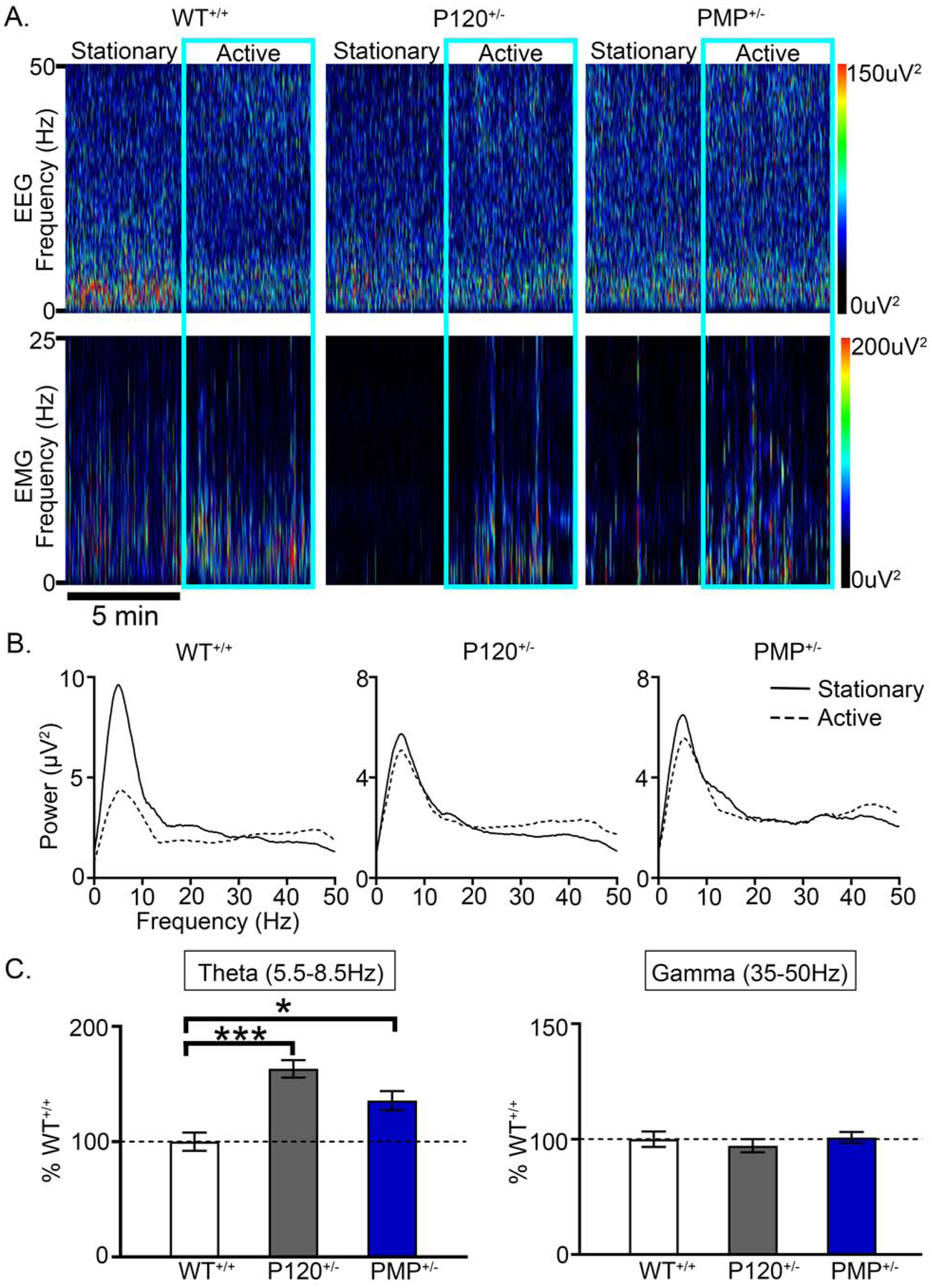Fig. 6. Progressive impairment of theta power during transitions from inactive to active wake.

(A) EEG and EMG spectral power heat maps of activity-dependent transitions from stationary to active wake in WT+/+ mice. P120+/− mice failed to demonstrate an increase in gamma with concurrent decrease in theta. (B) Representative spectral frequency traces in WT+/+ and P120 +/− mice during stationary to active transitions. (C) The lack of theta modulation in P120+/− mice during transitions from inactive to active wake was significant (WT+/+ theta vs. P120+/− theta %: 1-way ANOVA, F2,22=13.51, p<0.0001). PMP administration (2mg/kg; I.P.) at 10am and 6pm failed to significantly rescue theta modulation with acute dosing (WT+/+ theta vs. PMP+/− theta %: 1-way ANOVA, F2,22=13.51, p=0.017). During transitions from inactive to active wake, gamma modulation was not significantly impaired. WT+/+ N=6 mice, P60+/− N=6 mice, P120+/− N=7 mice, and PMP+/− N=4 mice. (p<0.05 *, p<0.01 **; p<0.001 ***; post-hoc Bonferroni).
